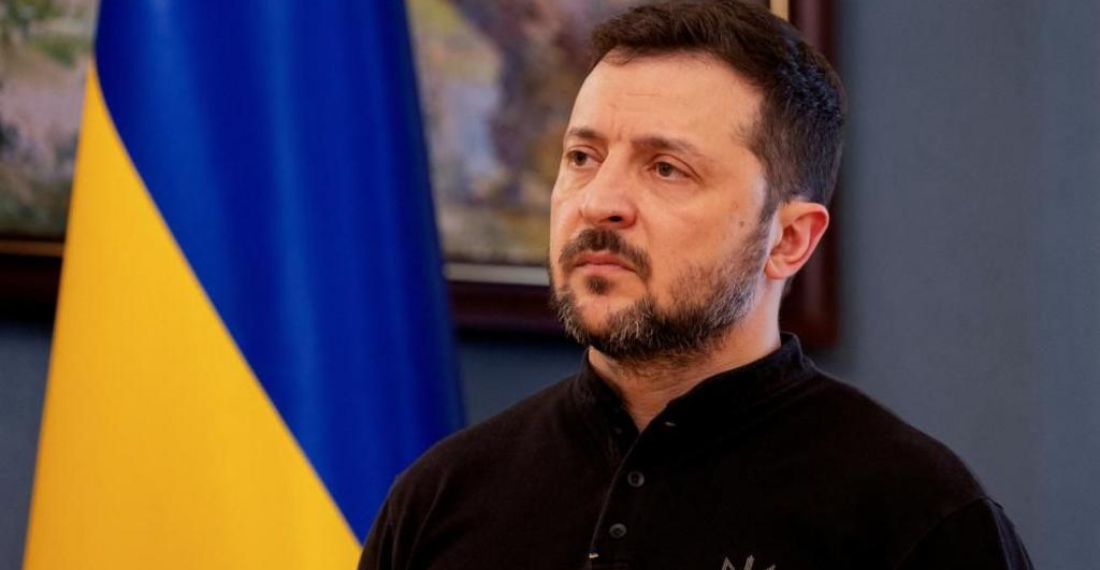The Ukrainian president Volodymyr Zelensky will only be welcome at the dinner for heads of state and government leaders at the Huis ten Bosch Palace during the summit. This is evident from the summit programme, announced on Monday (16 June). In previous years, the Ukrainian head of state was given a much more prominent place in the programme. The United States, under the leadership of president Donald Trump, objected to Zelensky's invitation to this year's summit.
At the previous NATO summit, held in the United States in 2024, Zelensky was a key guest. He had a meeting with the then NATO Secretary General, Jens Stoltenberg, followed by a joint press conference.
The NATO summit will take place from 23 to 25 June at the World Forum in The Hague. During the dinner for heads of state and government, King Willem-Alexander of the Netherlands and Queen Máxima Zorreguieta will welcome Zelensky, as well as the leaders of Australia and Japan, among others. Naturally, the leaders of NATO countries will also be in attendance.
During the dinner at Huis ten Bosch Palace, NATO foreign ministers will discuss Ukraine at the World Forum. EU foreign policy chief Kaja Kallas will also be present at these talks.







